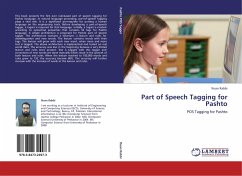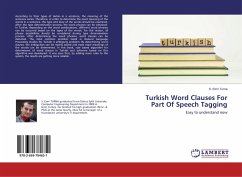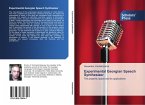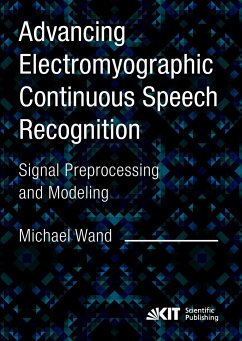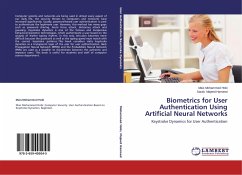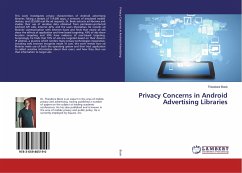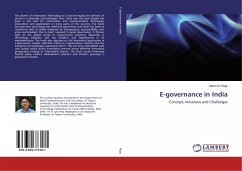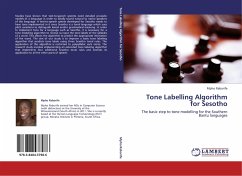This book presents the first ever rule-based part of speech tagging for Pashto language. In natural language processing, part-of-speech tagging plays a vital role. It is a significant pre-requisite for putting a human language on the engineering track. Before developing a part-of-speech tagger, a tagset is required for that language. Initially, a tagset is created according to syntactical properties that contains 54 tags for Pashto language. A simple architecture is proposed for Pashto part of speech tagger. The architecture contains a tokenizer, a lexicon and rules for disambiguation and new words. The lexicon contains words with their tags. The lexicon will grow with each new word, when more and more text is tagged. The above architecture is implemented and tested on real world data. The accuracy was low in the beginning because a very limited lexicon and rules were present. Text is tagged with this tagger and corrections of new words are done manually which result in the growth of both lexicon and rules. When the lexicon reached to 100,000 words and rules grew to 120, the accuracy became 88%. The accuracy will further increase with the increase of words in the lexicon and rules.
Bitte wählen Sie Ihr Anliegen aus.
Rechnungen
Retourenschein anfordern
Bestellstatus
Storno

